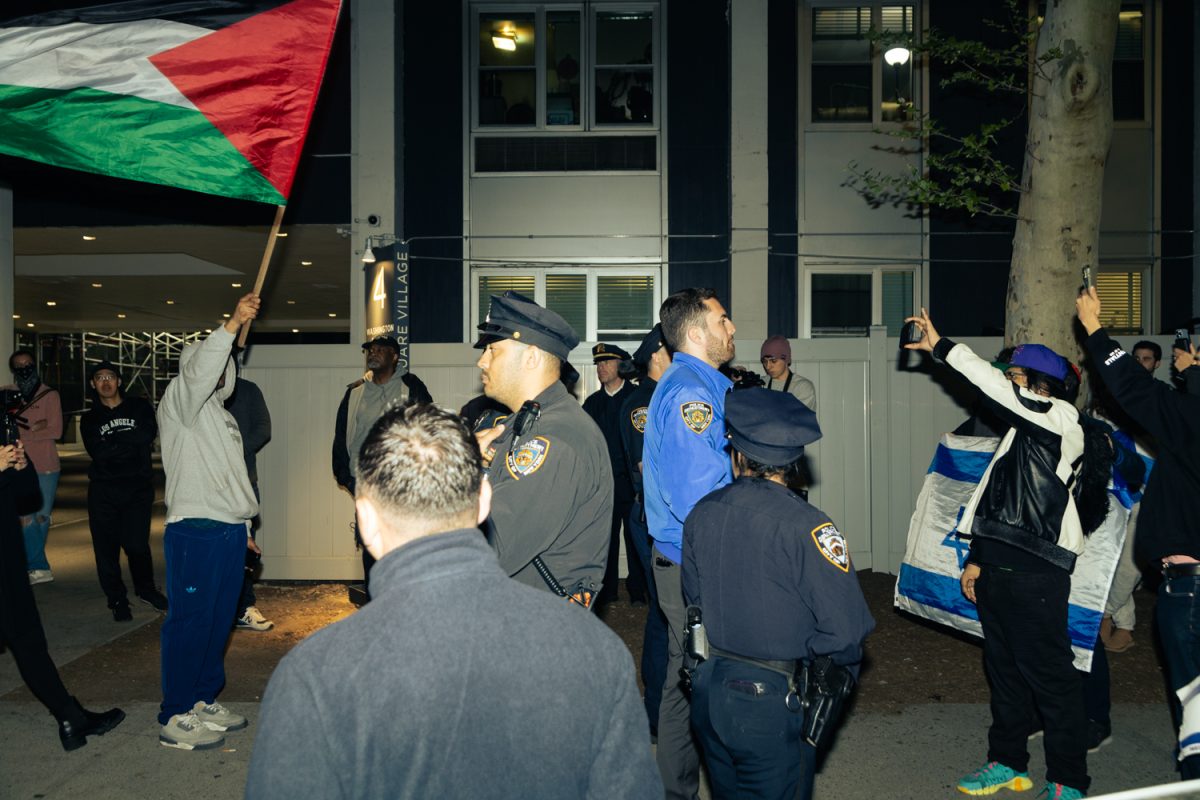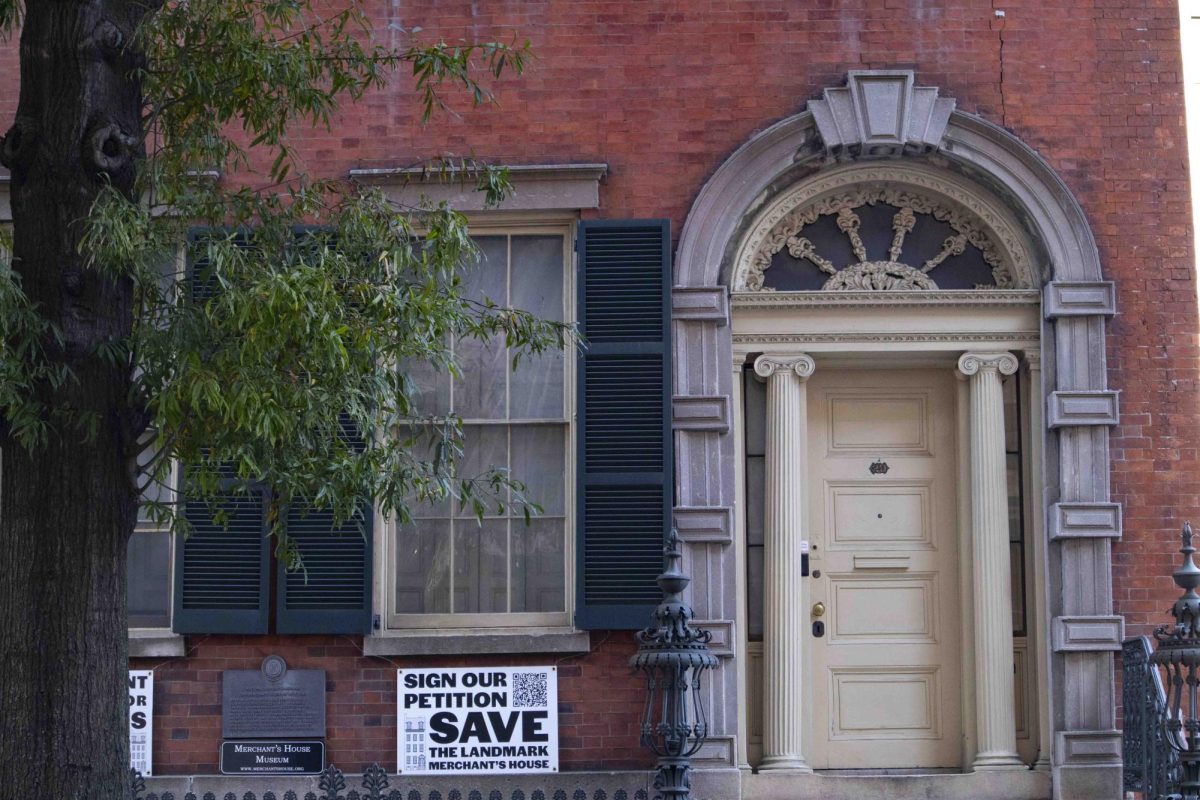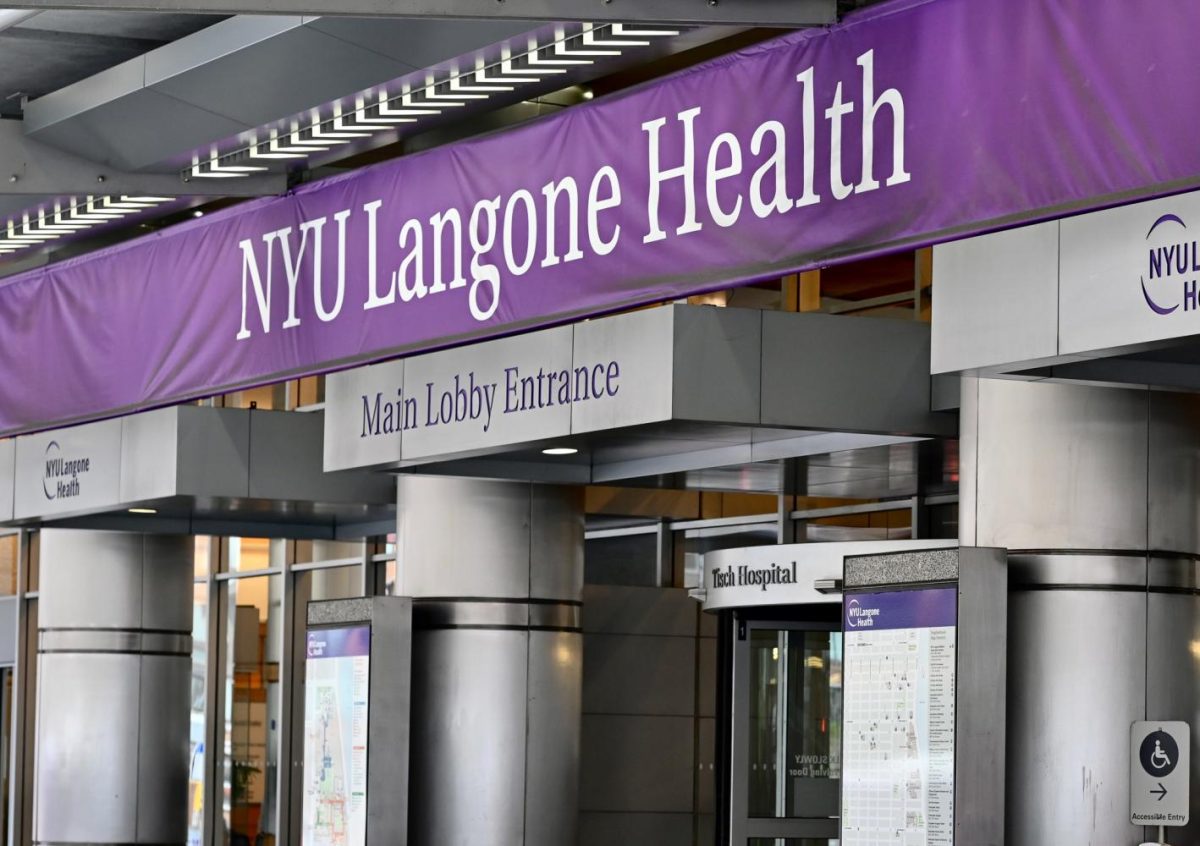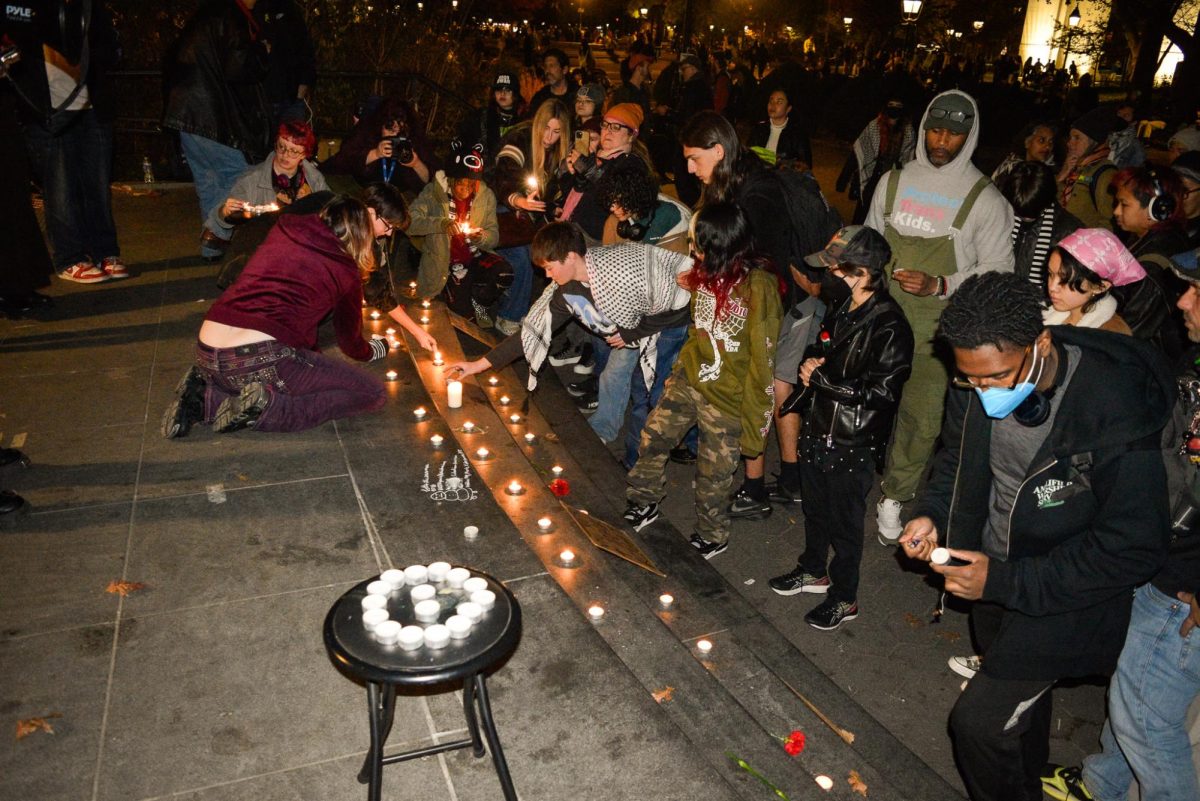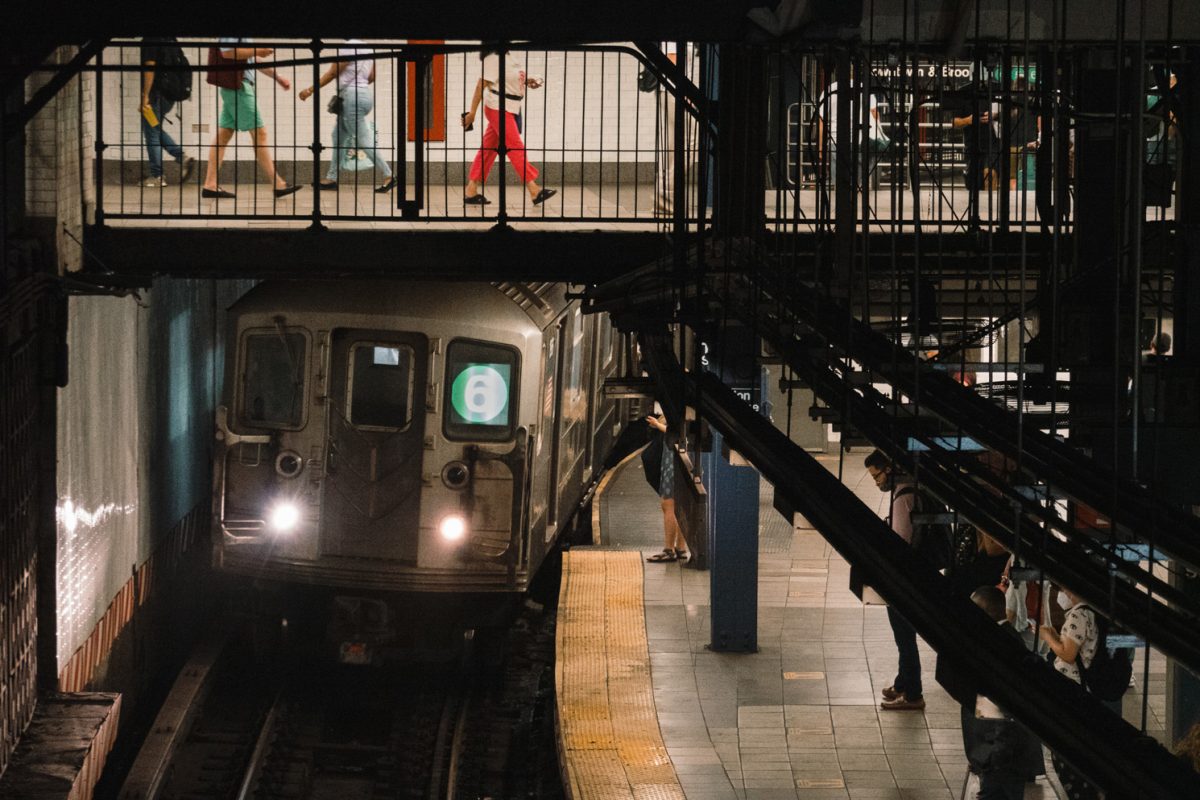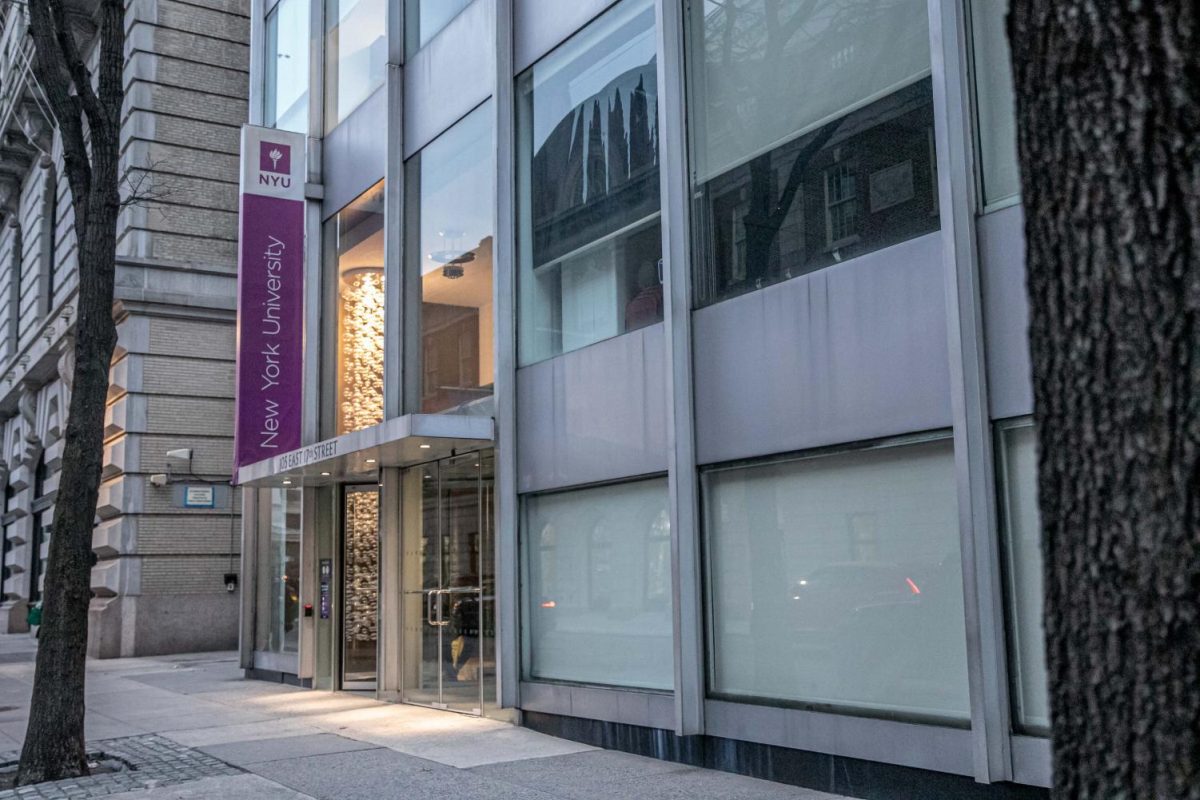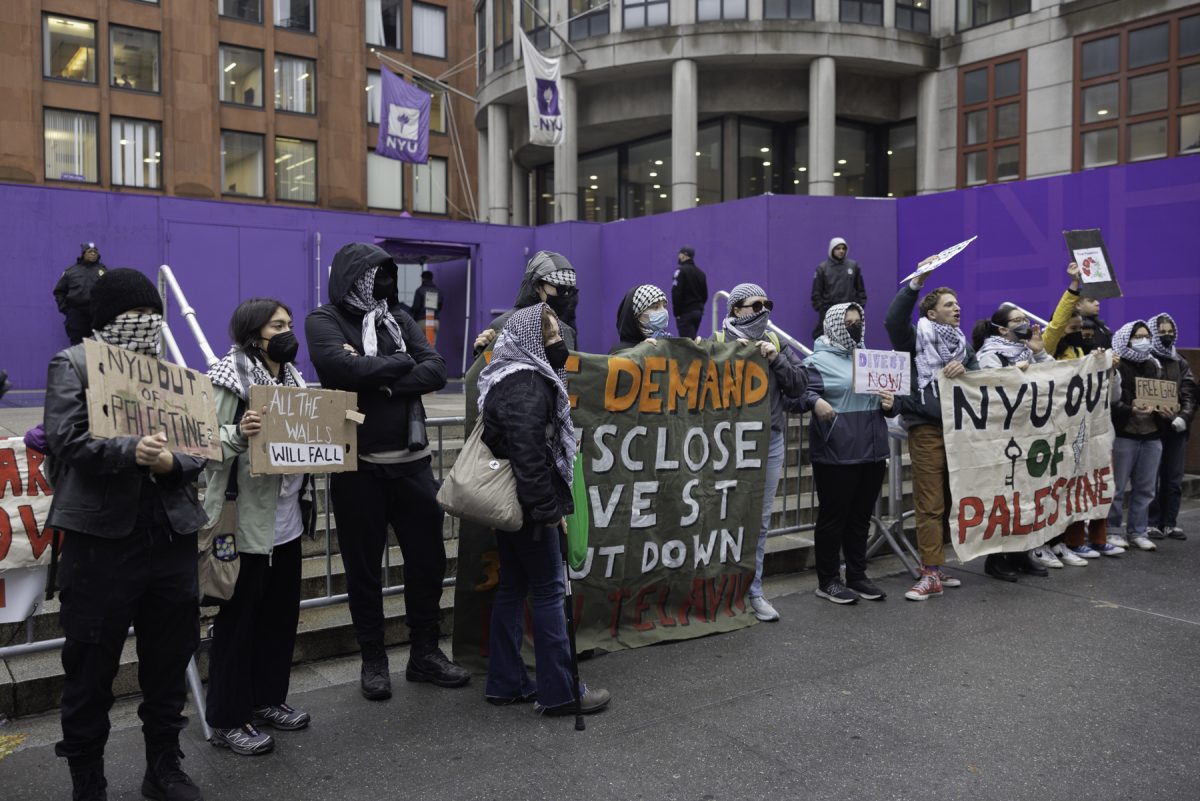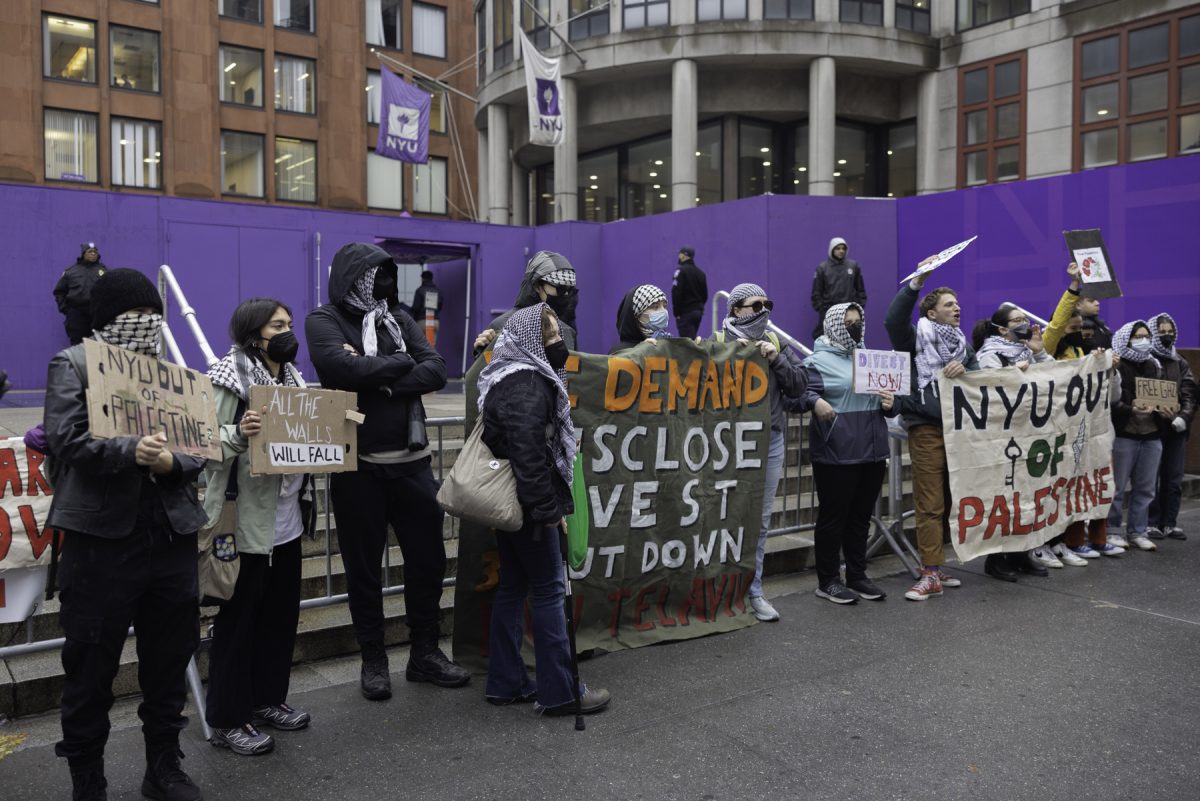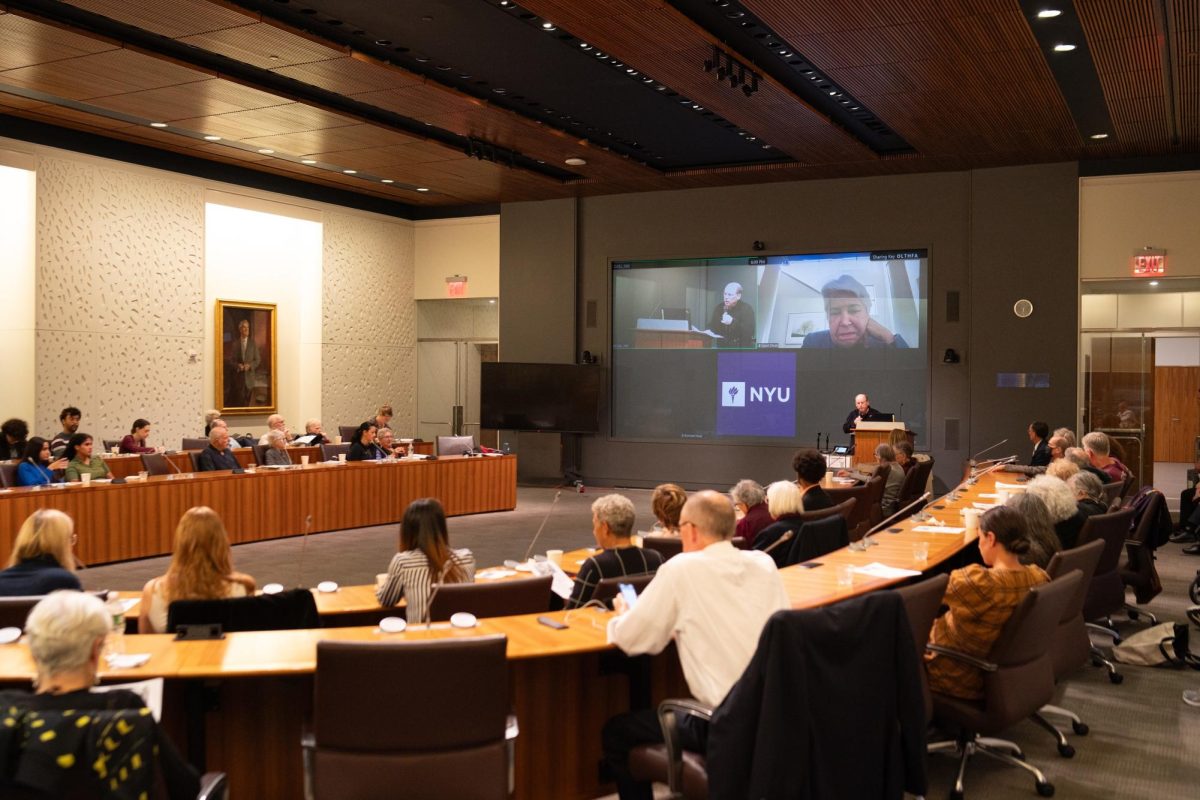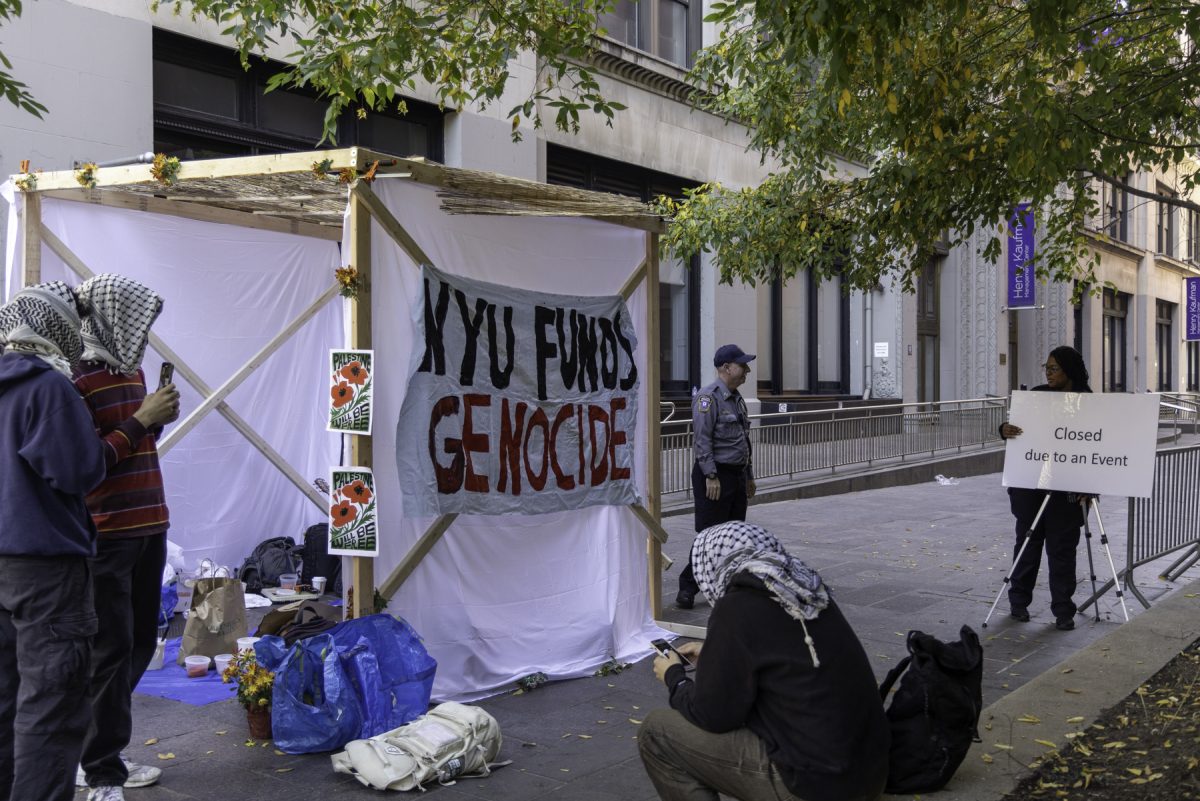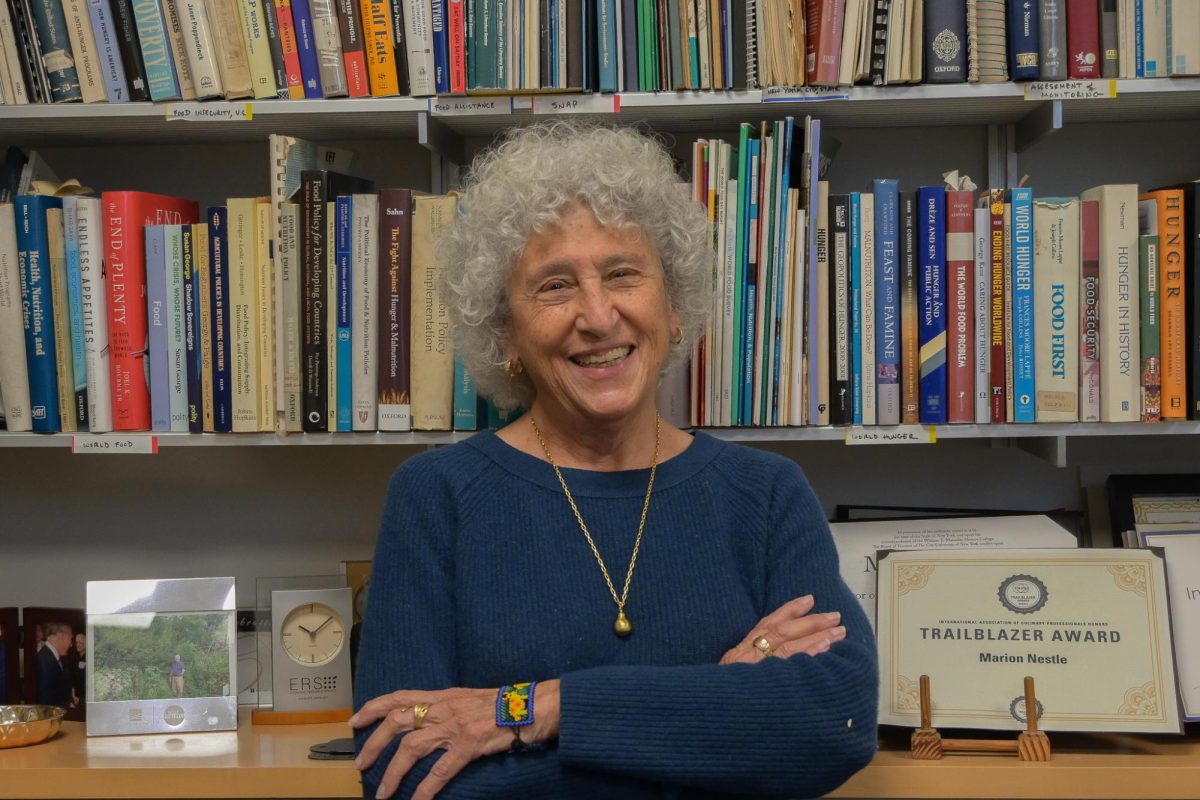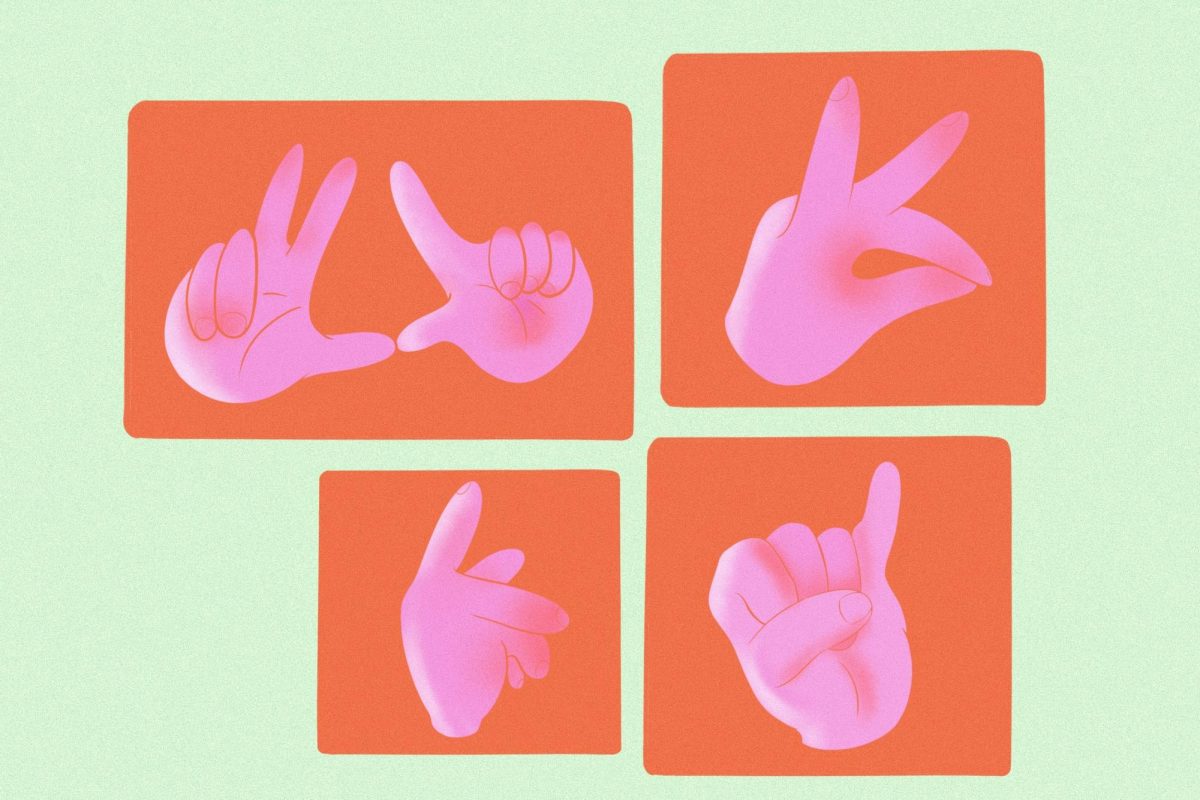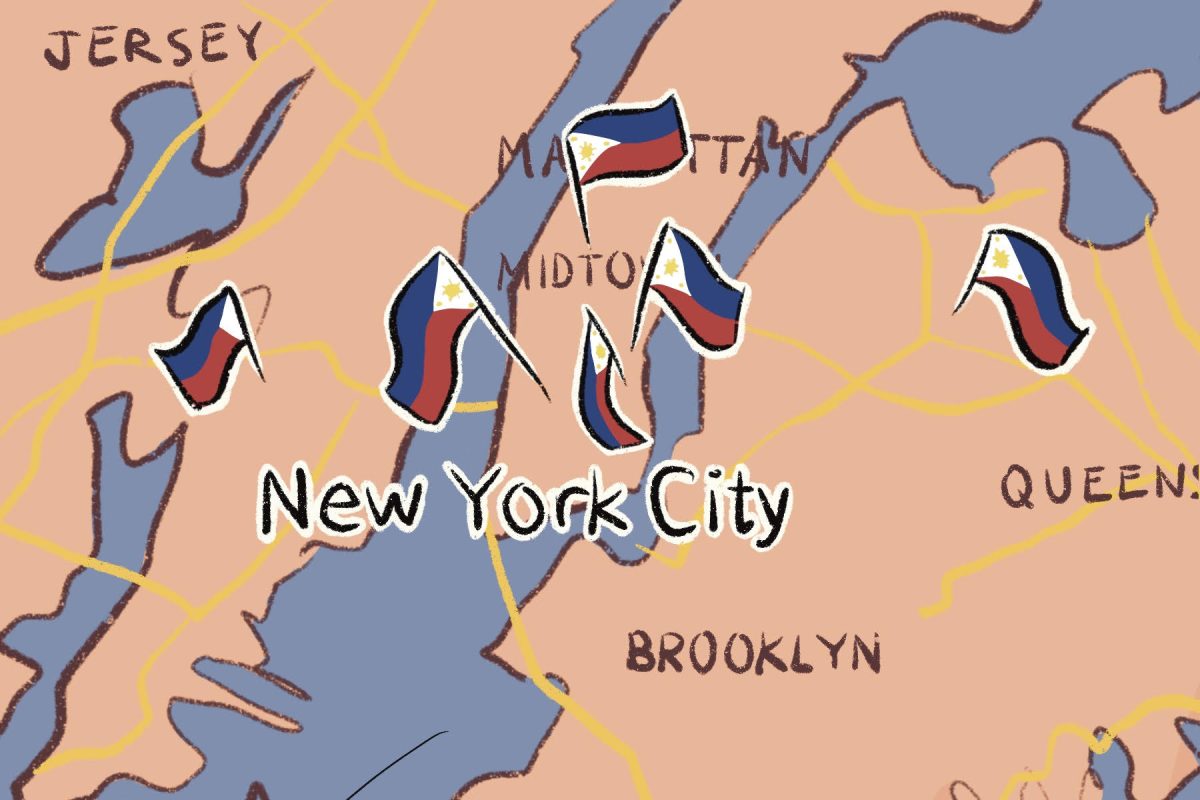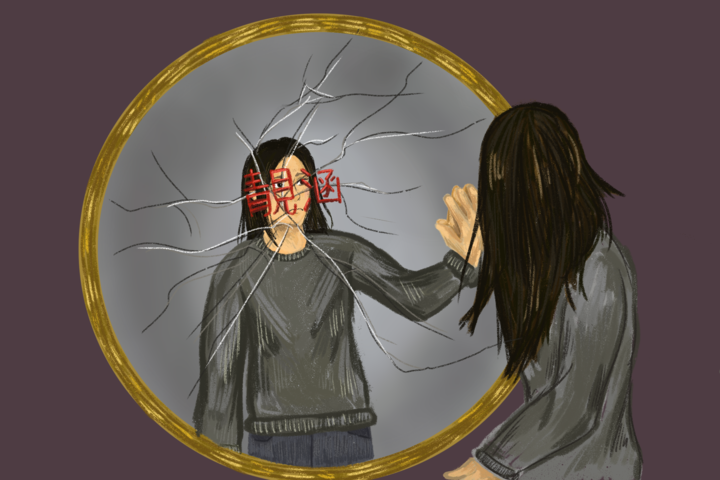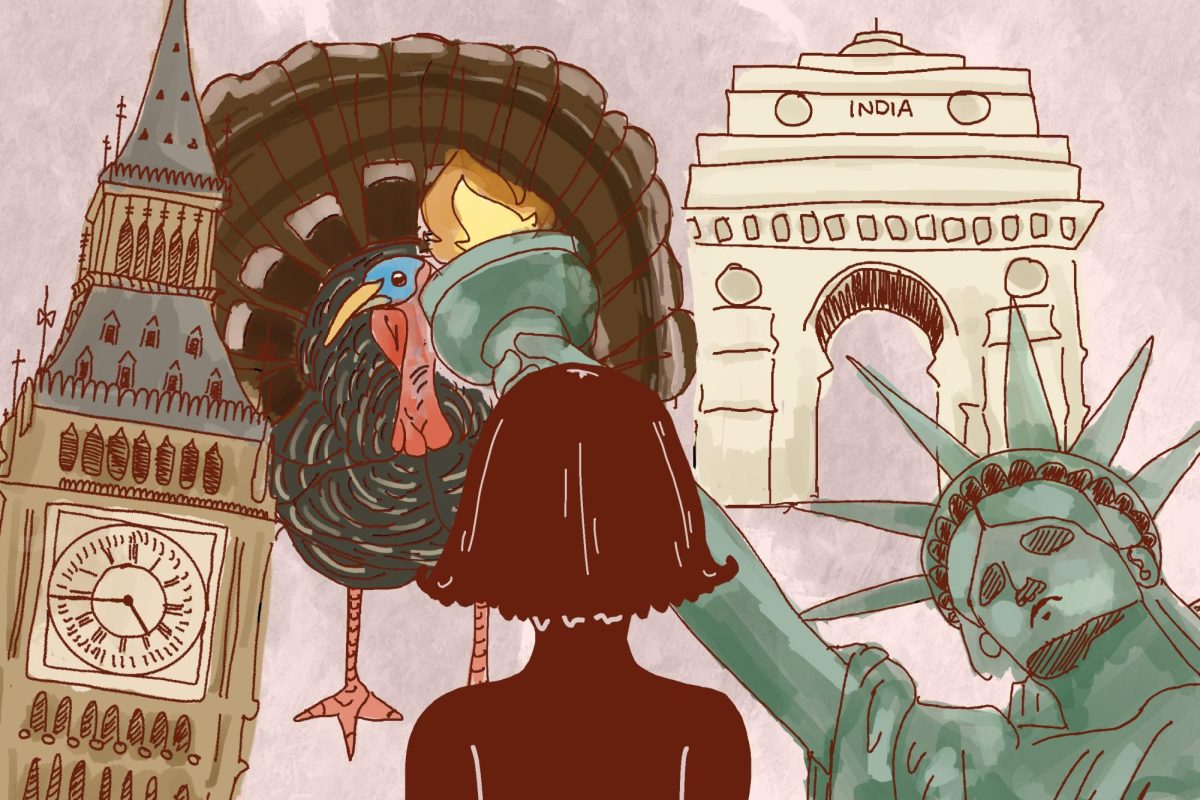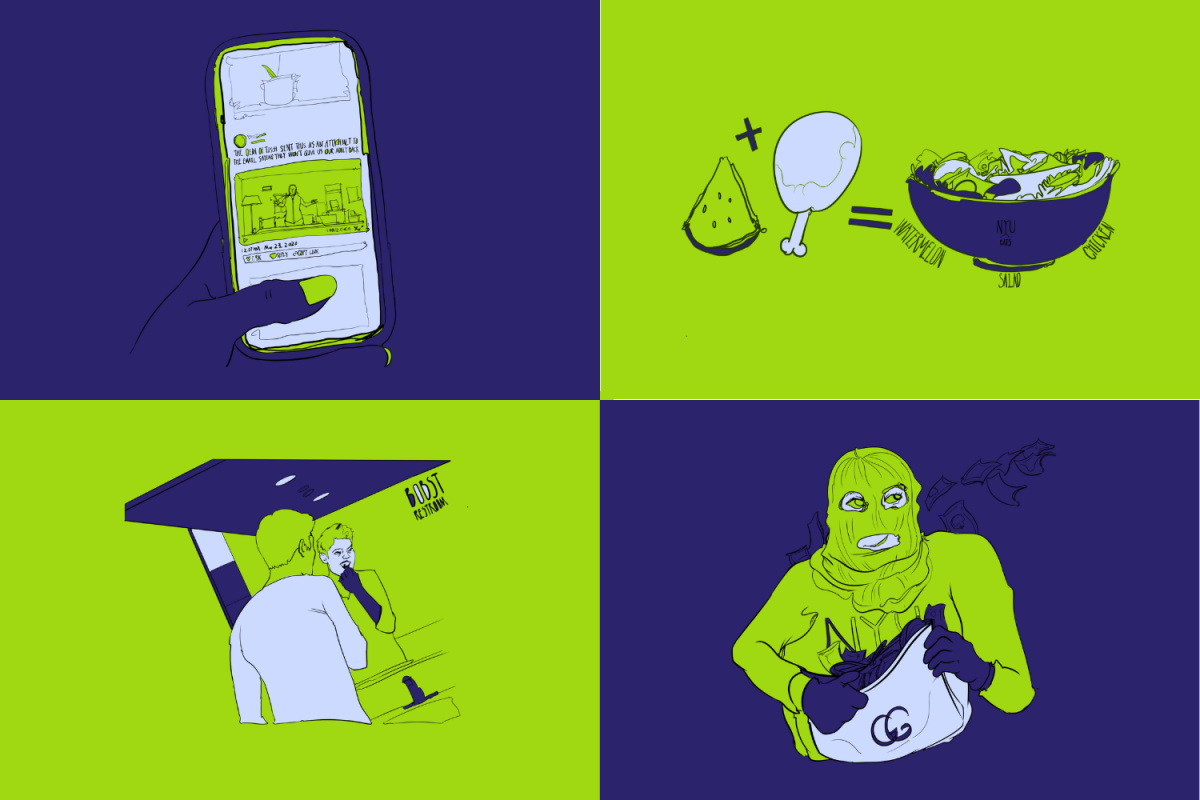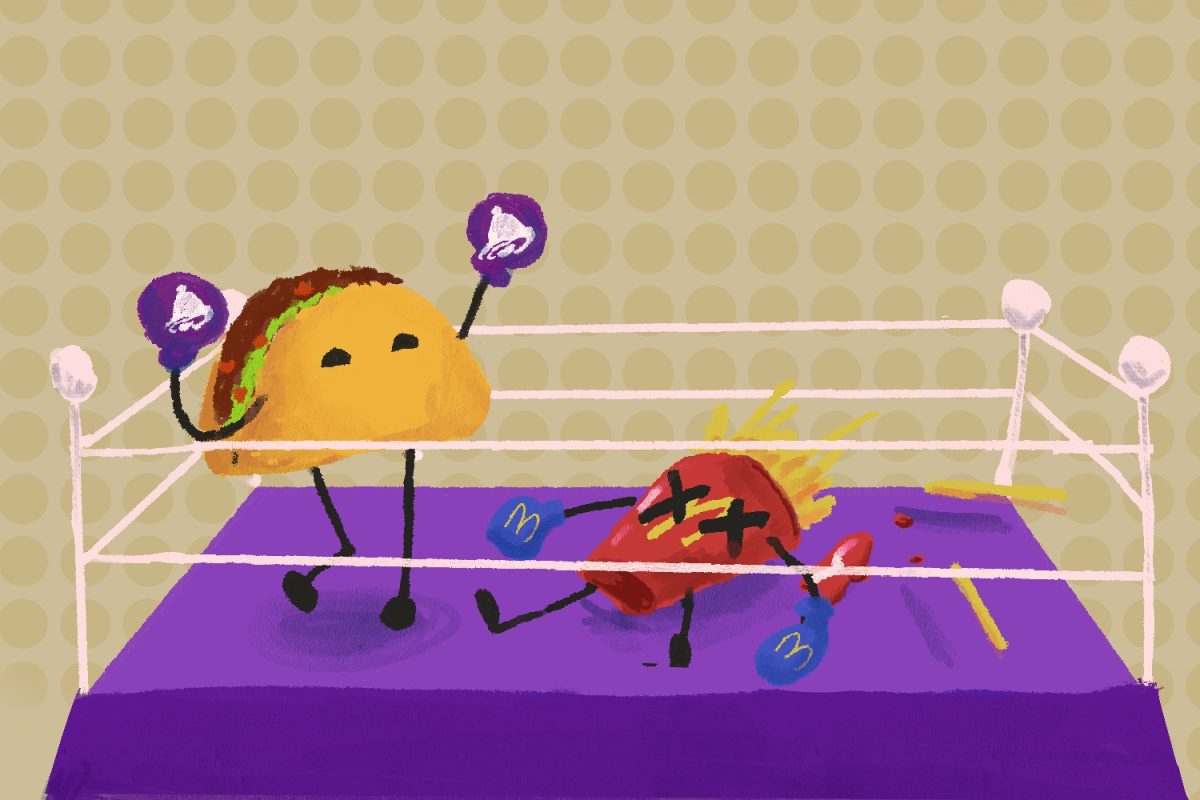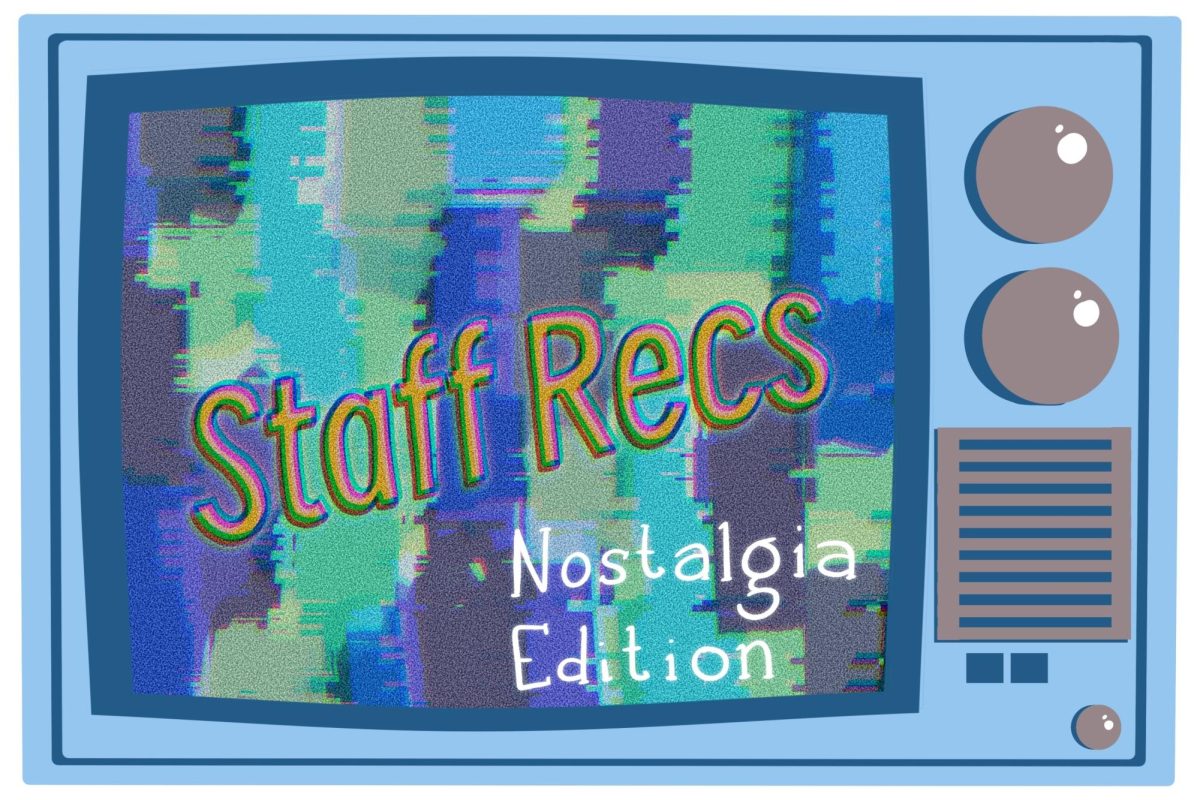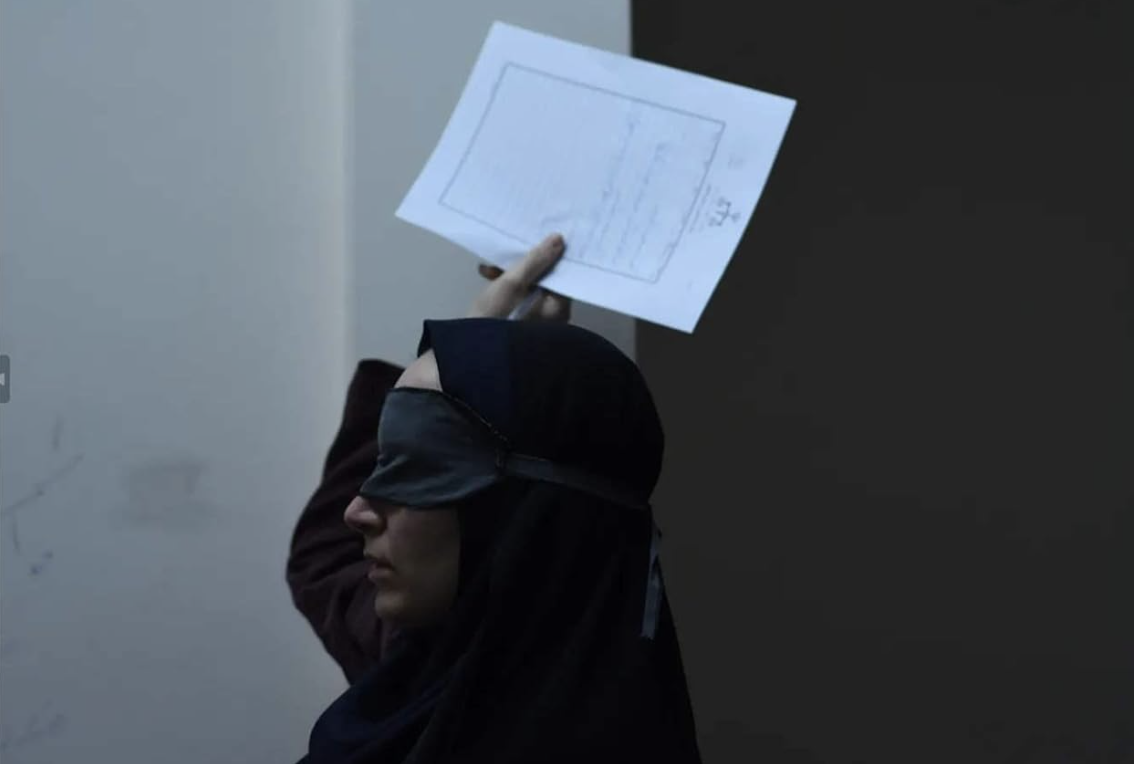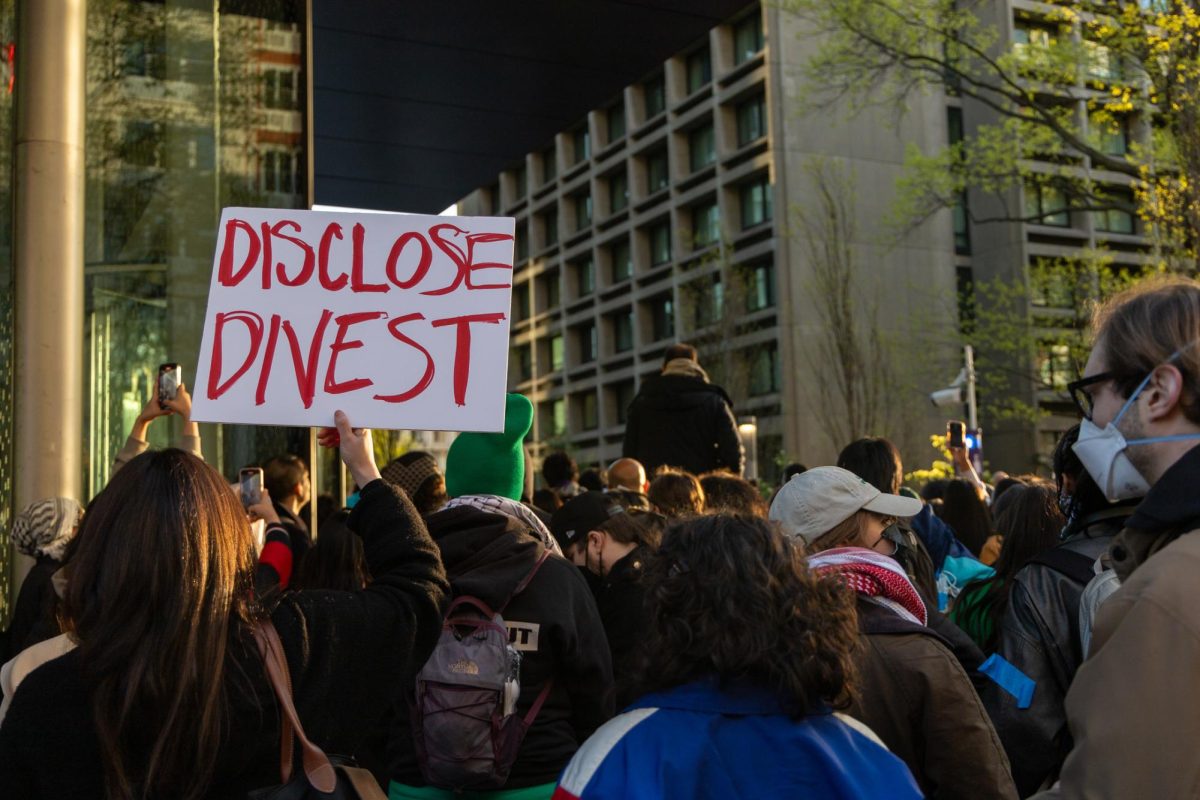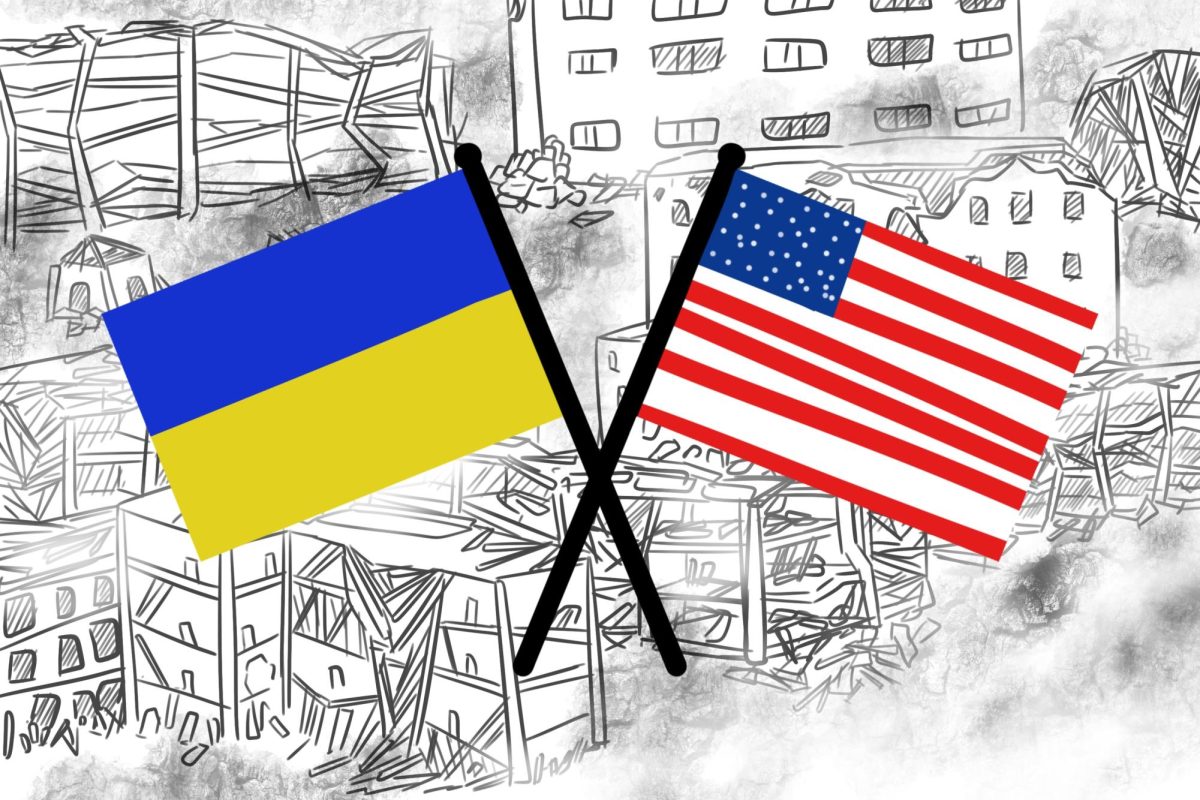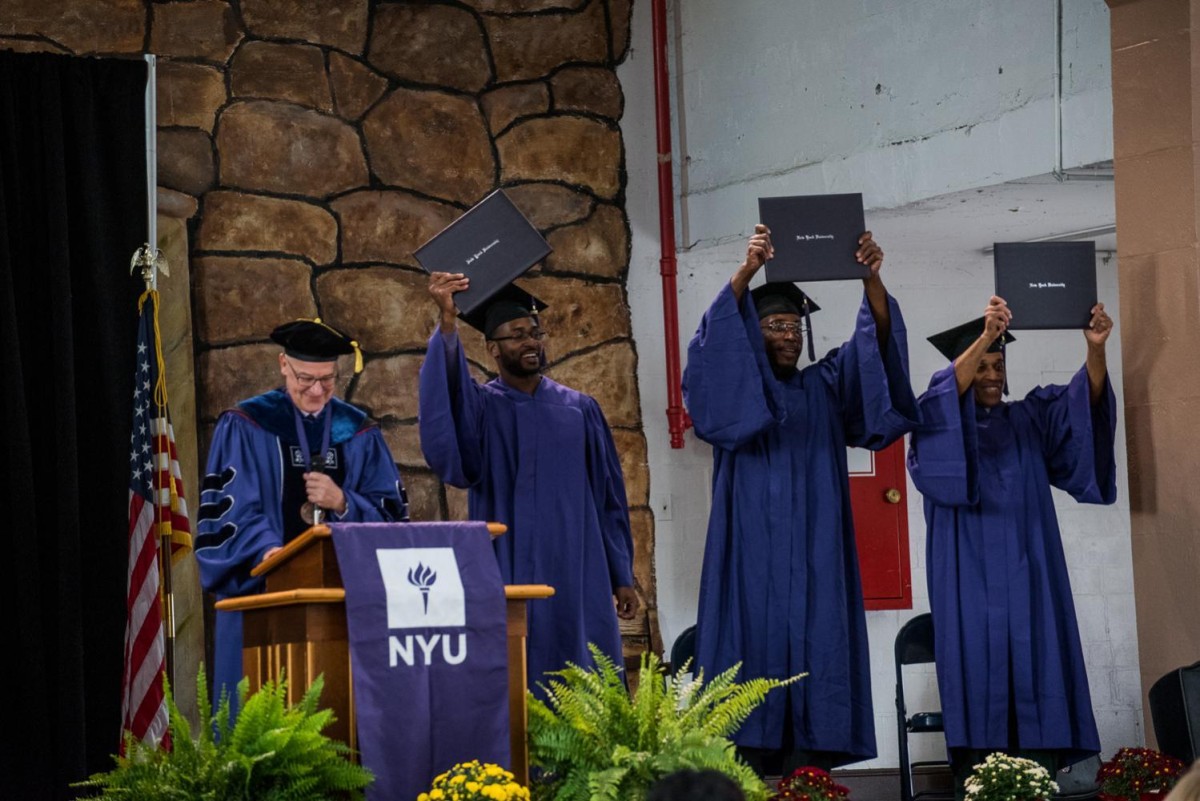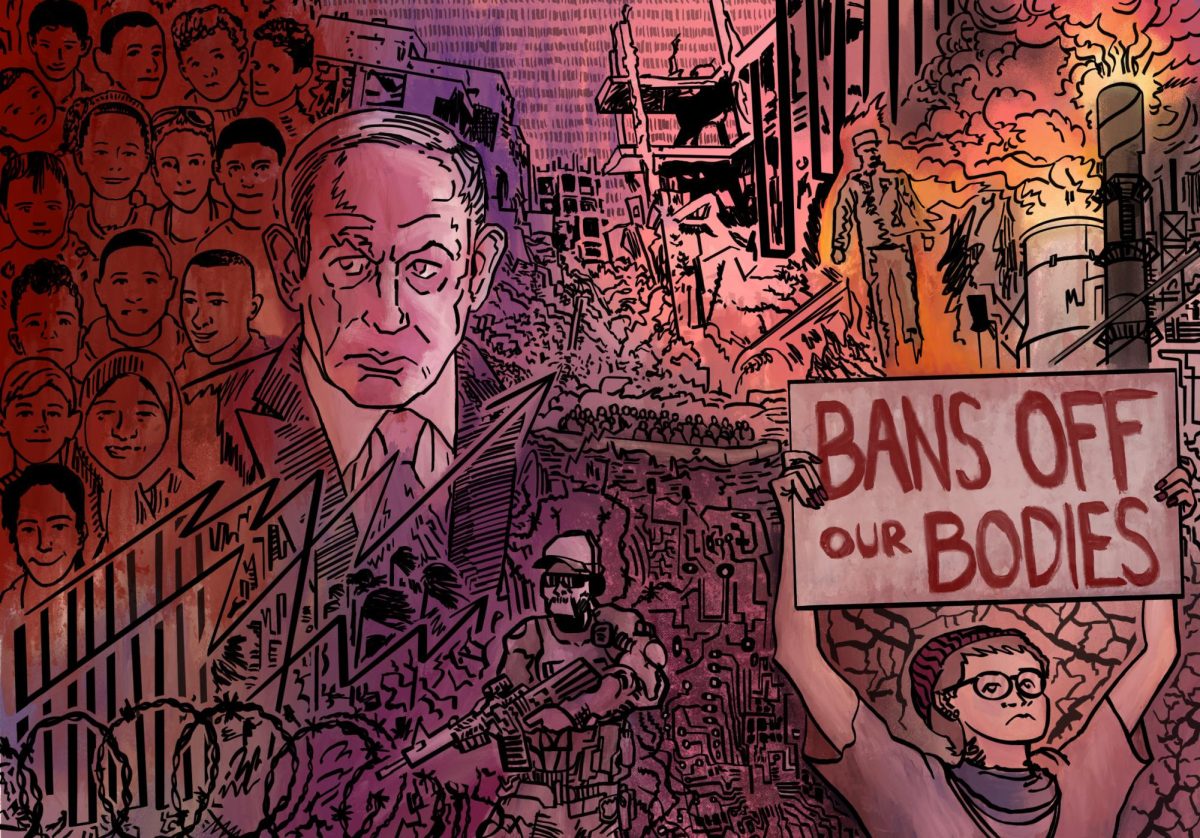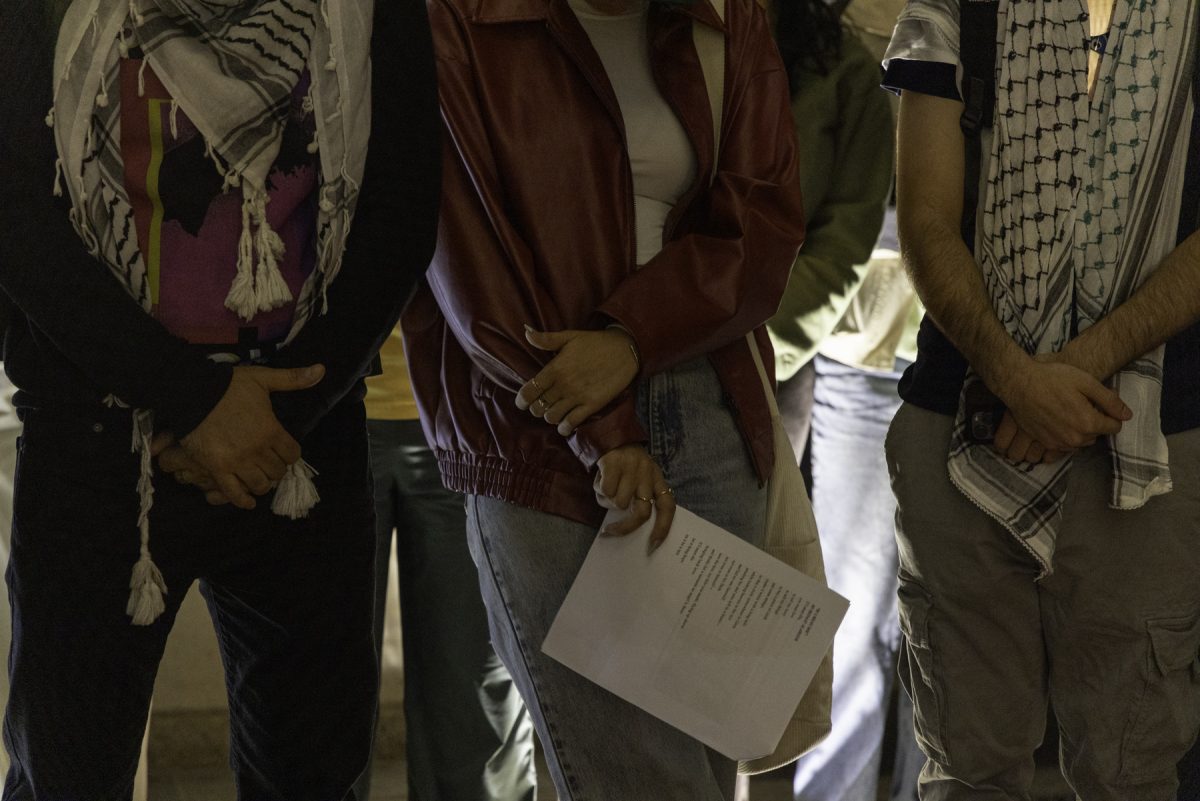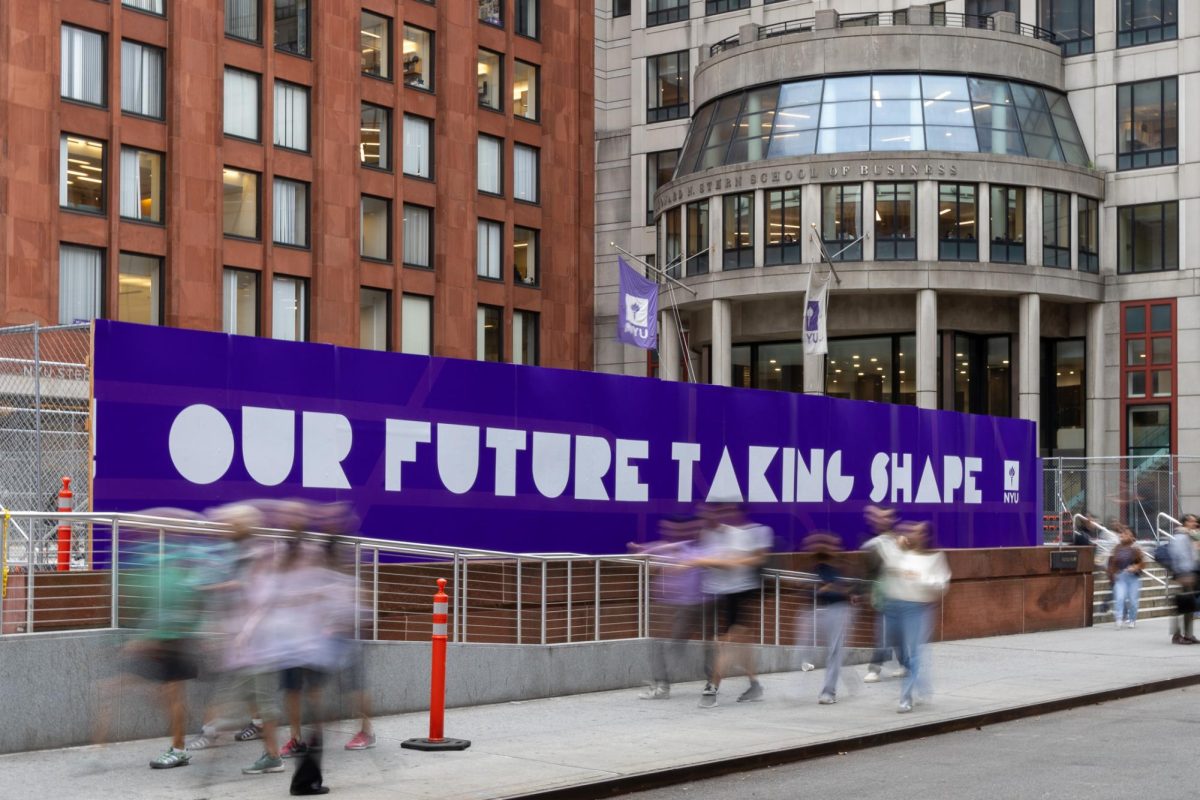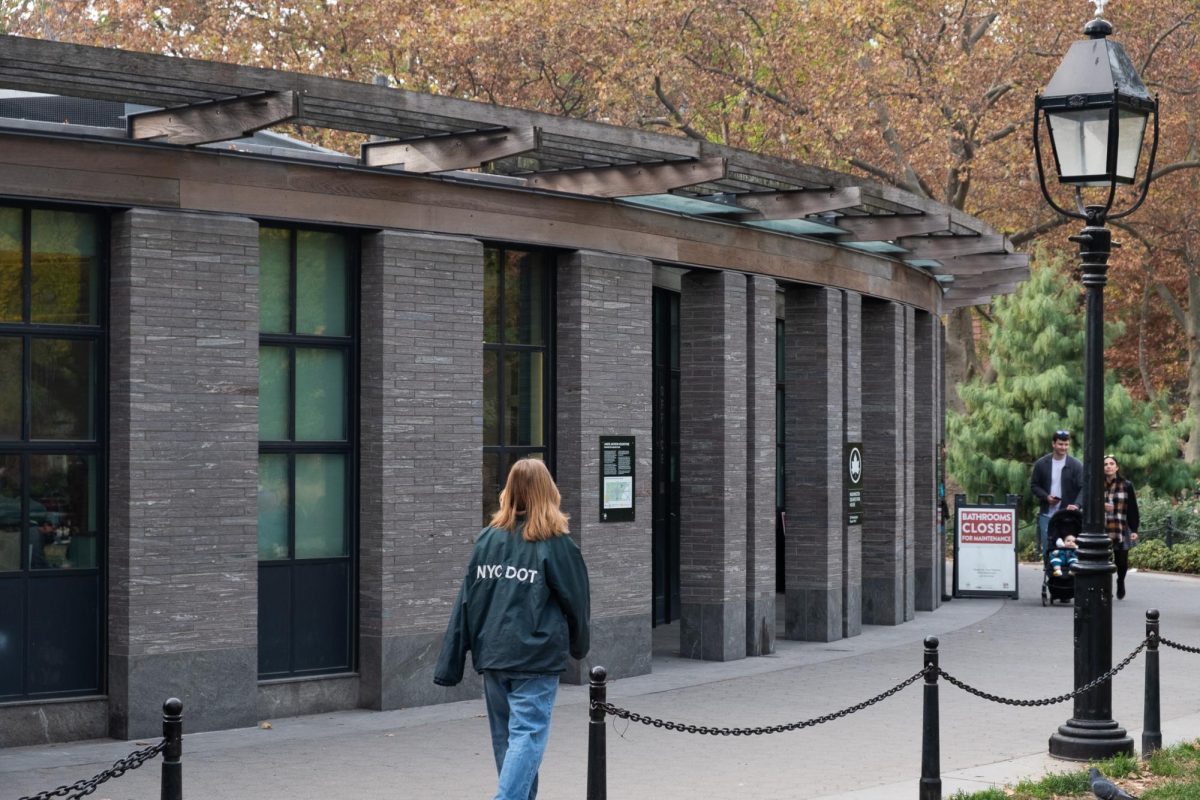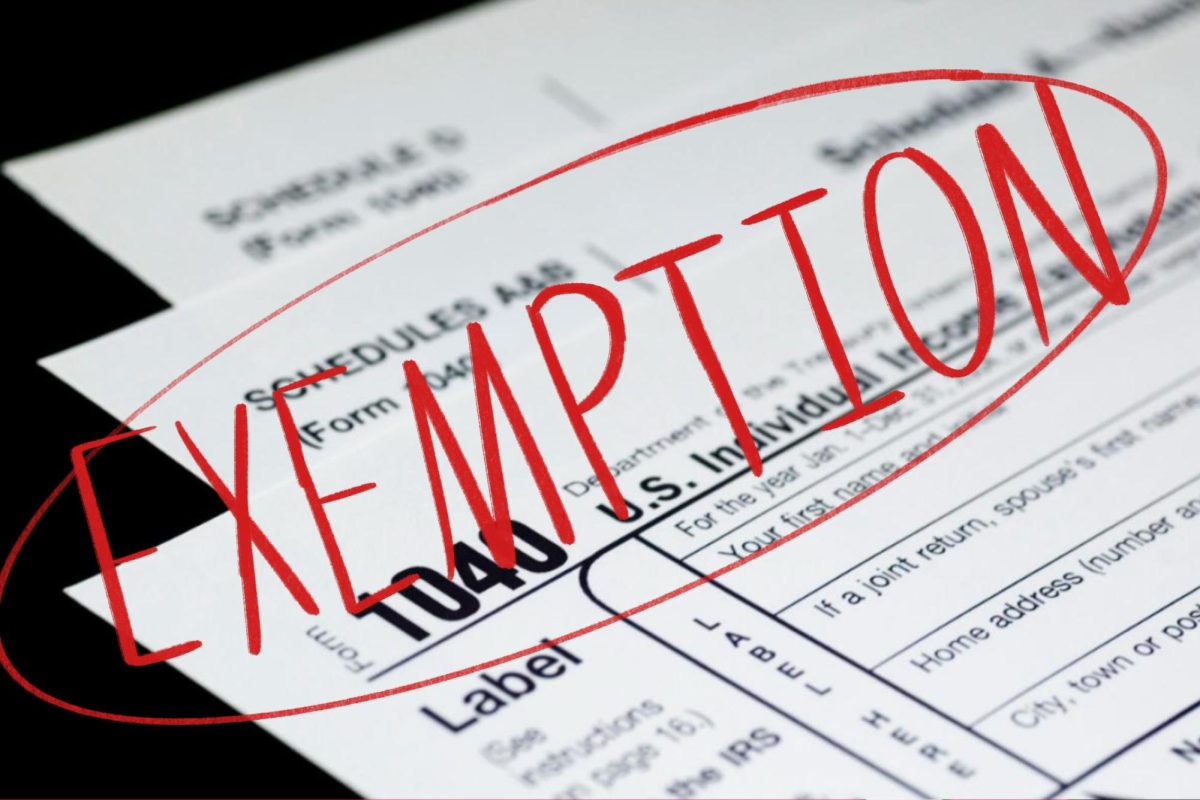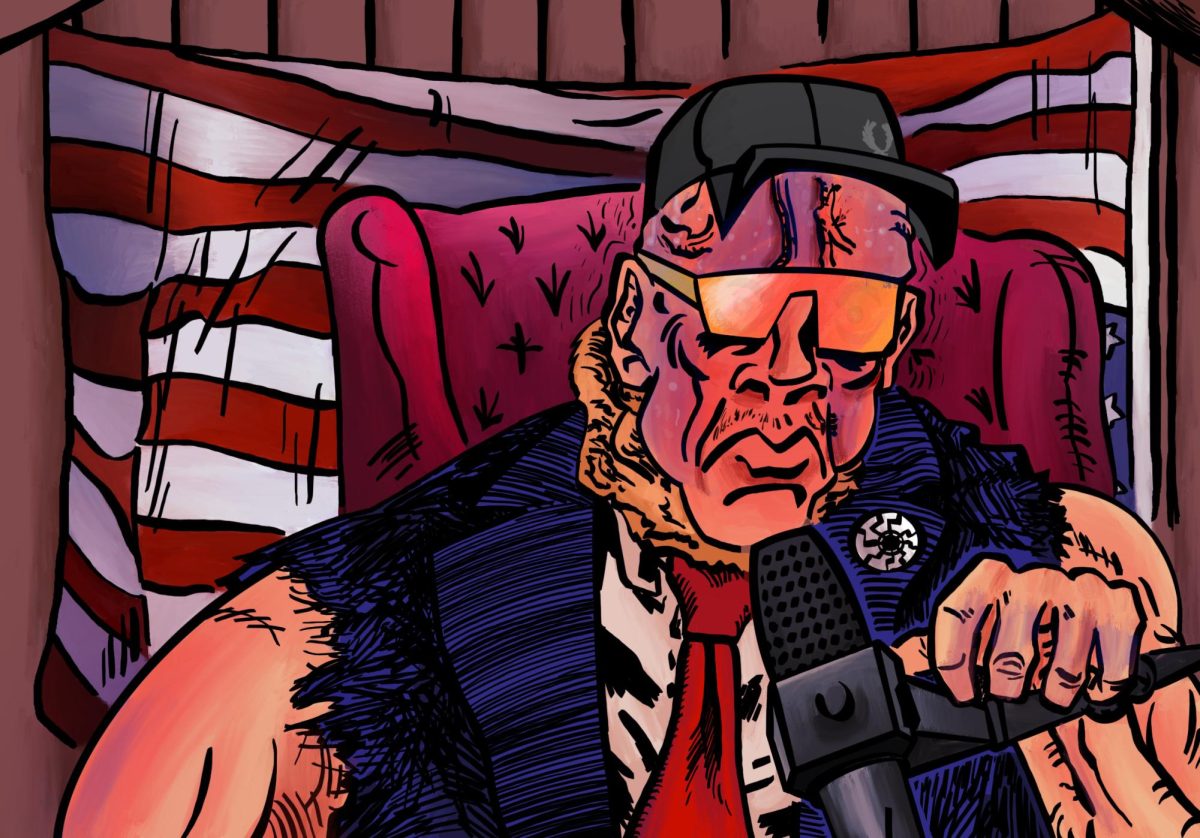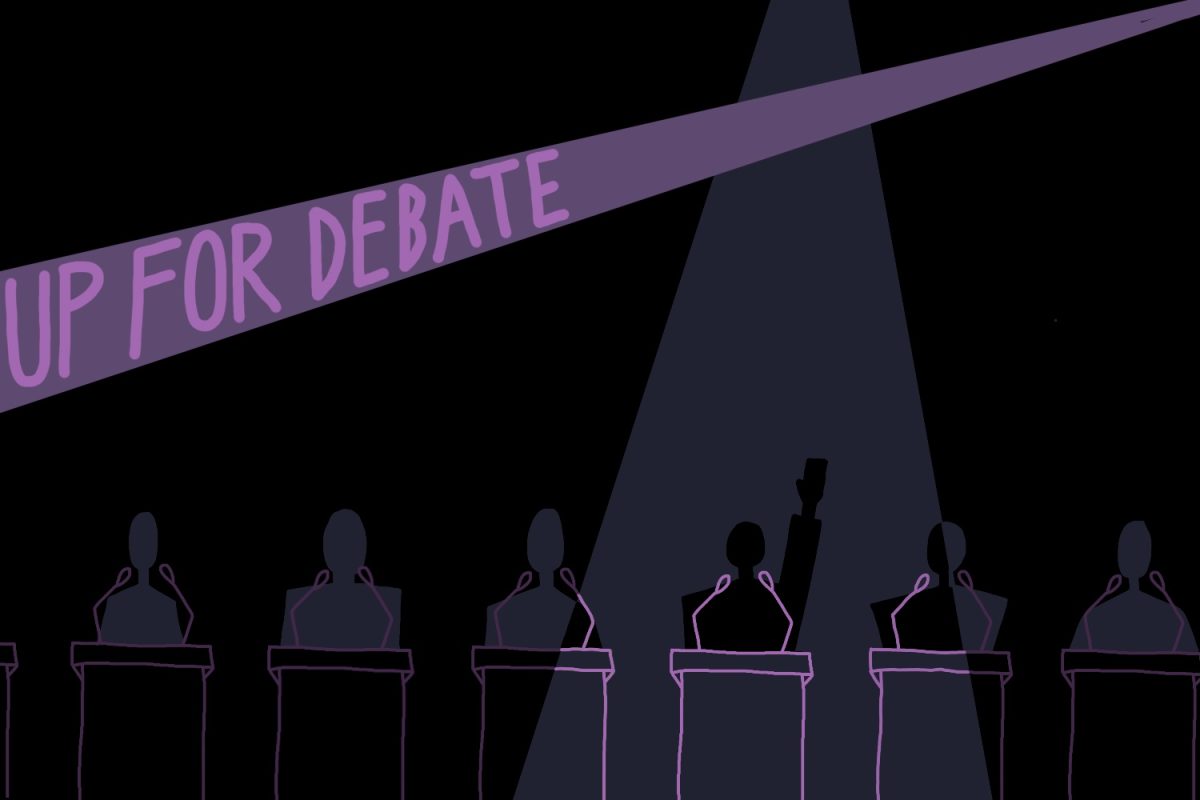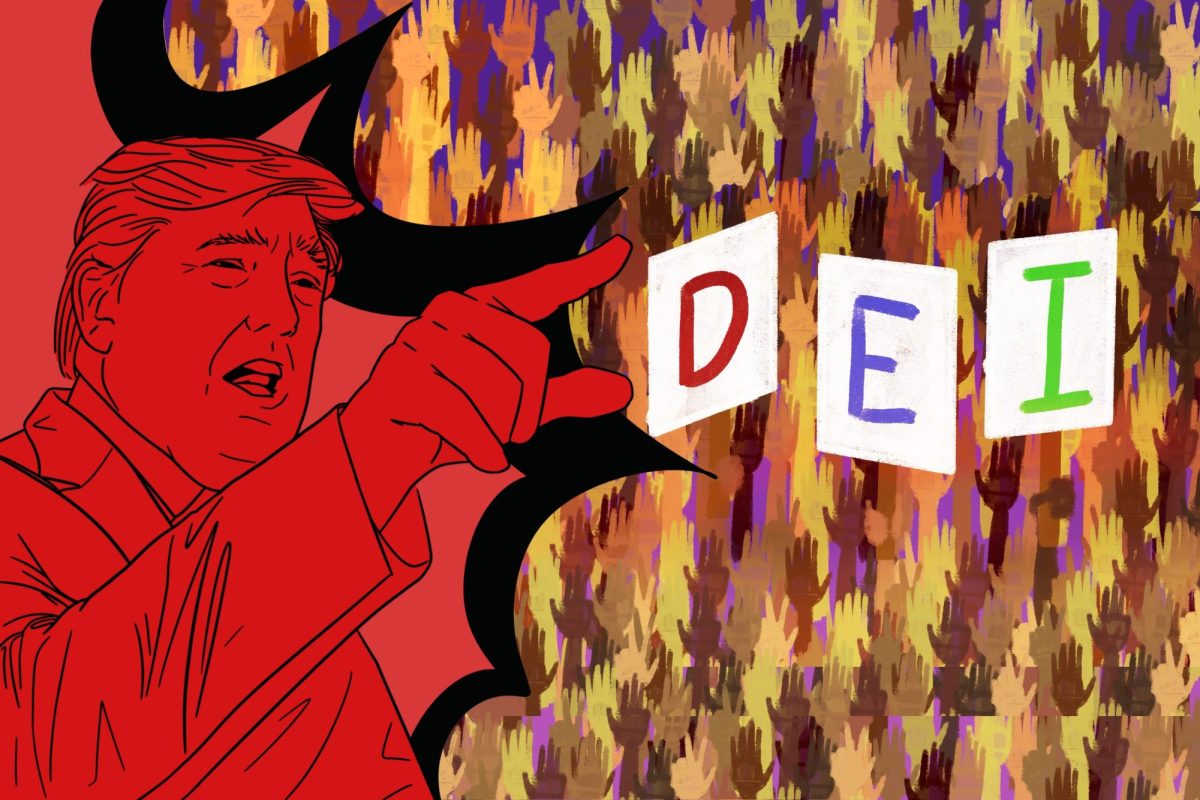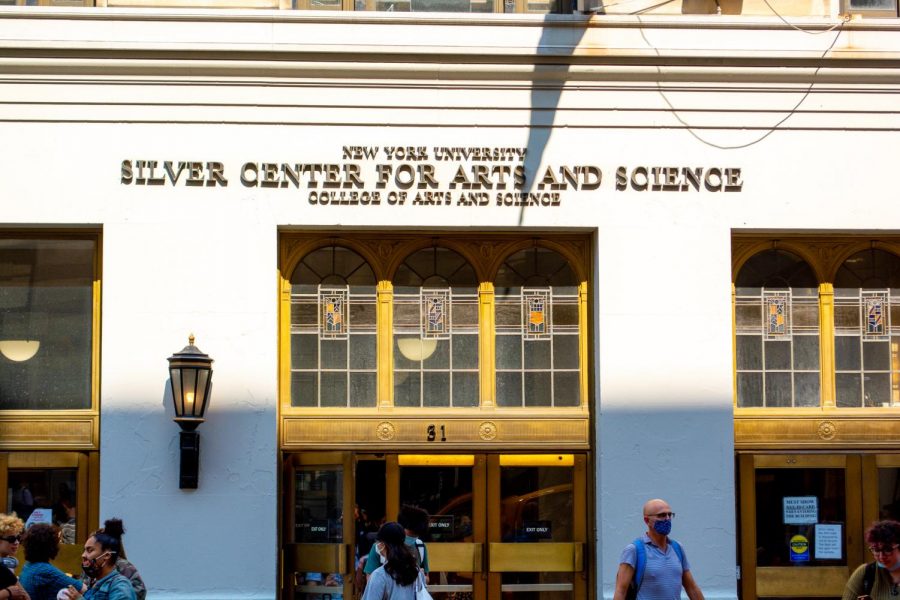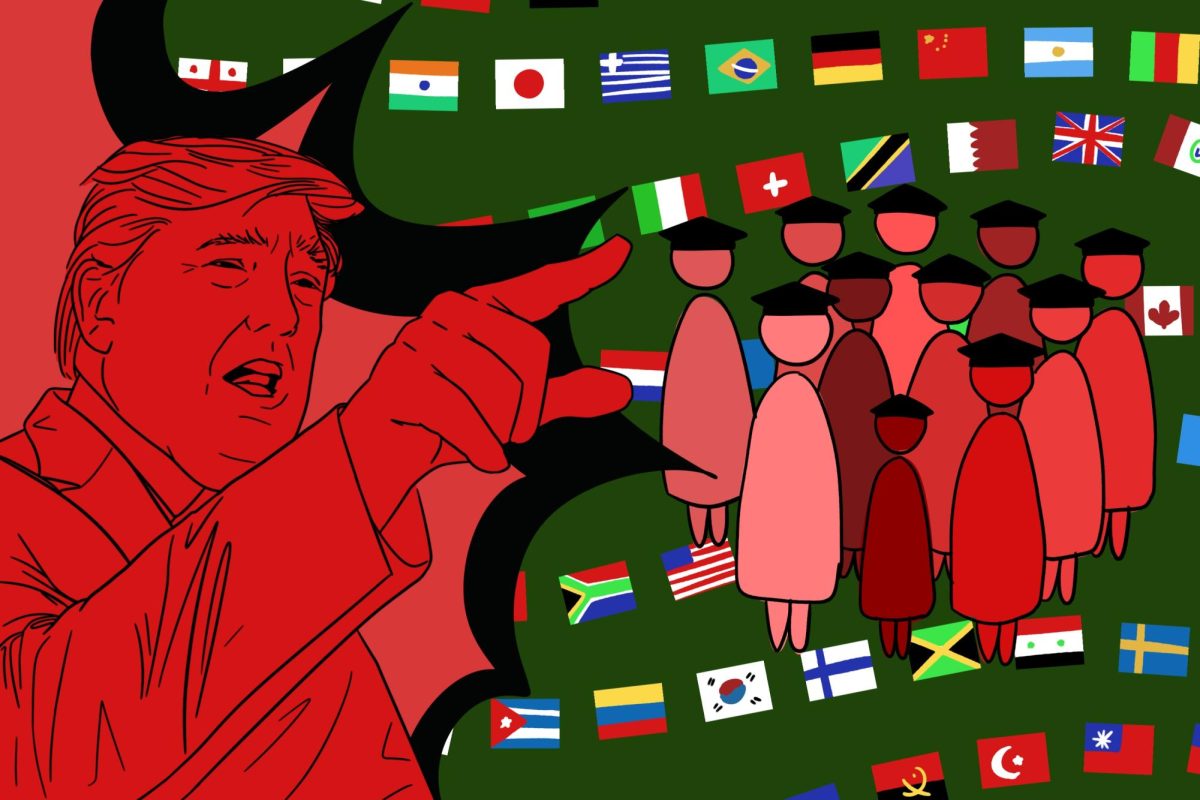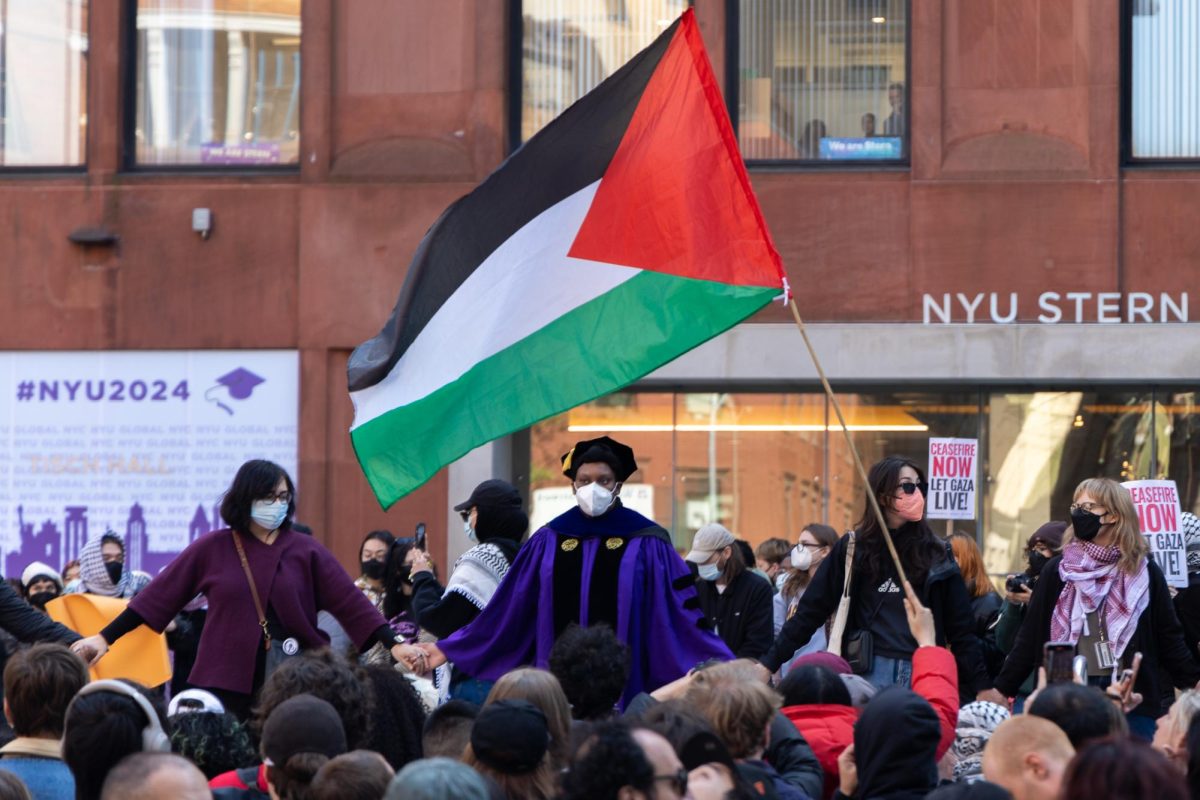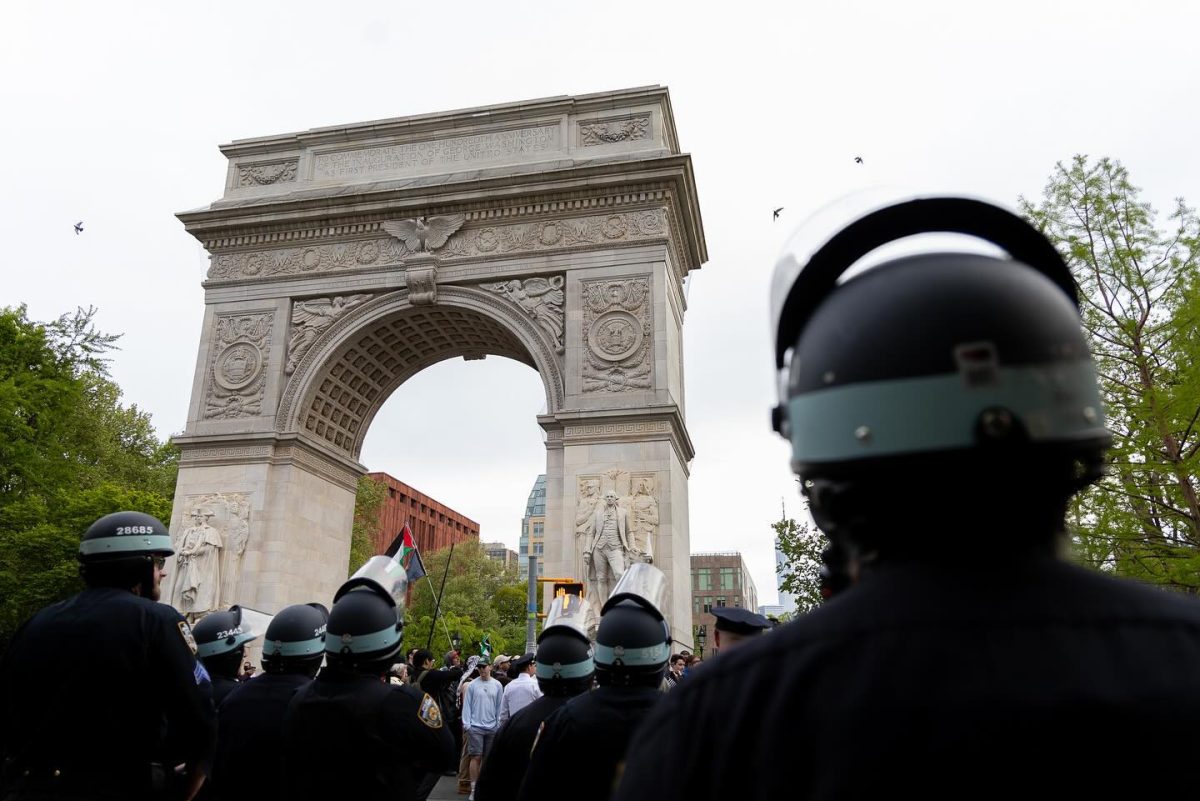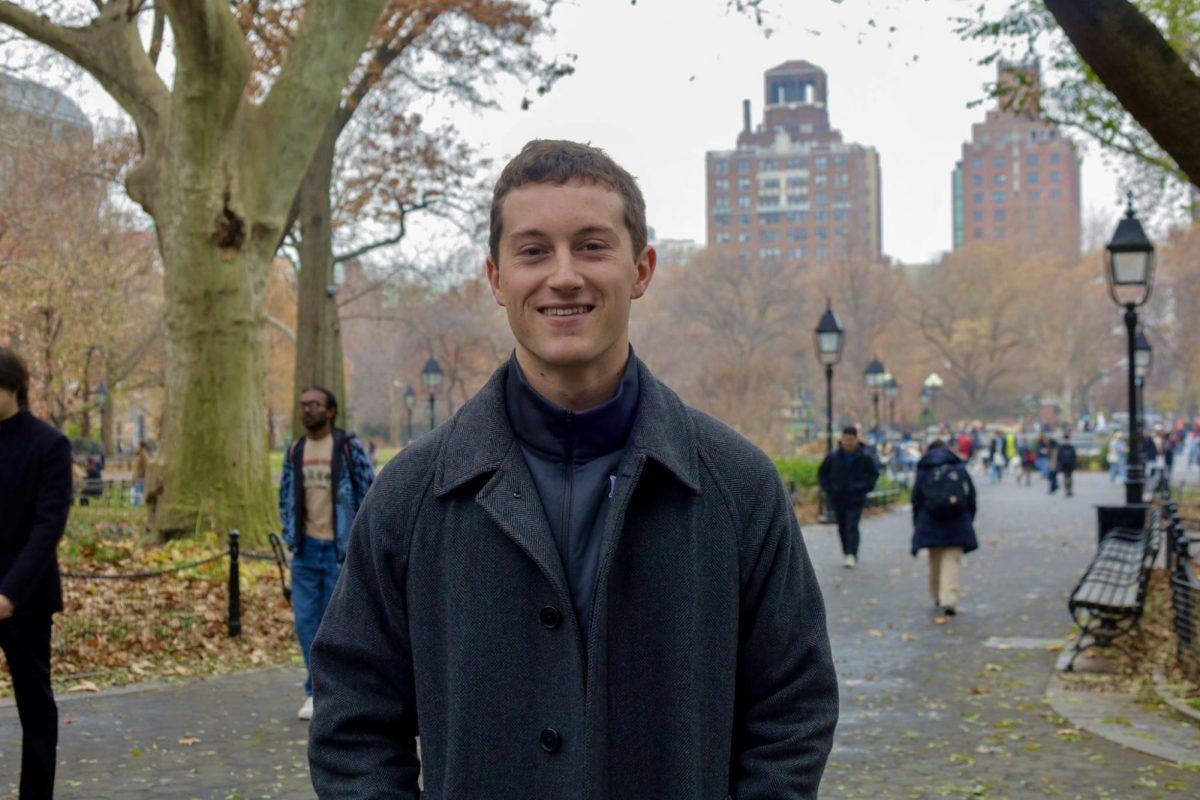When Hurricane Sandy devastated the mid-Atlantic region nearly a month ago, one of the numerous problems that resulted was a disruption to cellular phone service during a time when it was more vital than ever for people attempting to reach out to their loved ones.
Gallatin freshman Liz Yates, who went to stay in Brooklyn then the Upper West Side, was among those without cell phone service.
“The evacuation of the dorms made me anxious, mostly because I couldn’t contact my parents or my relatives in the city,” Yates said. “I also couldn’t get any of the information NYU was sending us because they were communicating by email.”
In response to the communication challenges caused by natural disasters like Sandy, the Federal Communications Commissions announced last Wednesday that it would hold a series of hearings in the upcoming months to examine them and to inform recommendations to improve resiliency.
“This unprecedented storm has revealed new challenges that will require a national dialogue around ideas and actions to ensure the resilience of communications networks,” FCC chairman Julius Genachowski said in a press release.
The hearings will begin early next year in New York and then will take place in areas around the country that have also suffered from natural disasters.
The measure was sparked by U.S. Senator Charles Schumer (D-NY), who called on the FCC earlier this month to ensure that vital communication networks remain intact during a disaster.
“Unimpeded cell phone service is a necessity for emergency workers and a lifeline for residents left without power,” Schumer said in a press release. “After Sandy hit, far too many impacted residents struggled to get service because far too many cell towers were rendered inoperable. In an age where many people only have cell phones, the bottom line is we must fix that problem ASAP.”
“The FCC has the capability to develop a nation-wide plan to ensure that cellular service, a lifeline to residents without power and first responders, is not completely
severed in the wake of a storm,” he added.
Yates said the senator’s proposal is justified.
“I was lucky that I had a place to go despite not being able to use my phone, but I’m sure others were in much more dire situations,” Yates said.
According to Schumer’s press release, about 33 percent of phone users now rely exclusively on wireless technology, and nearly one out of four towers in the impacted areas were down following the storm.
Cooper Union freshman Andrew Rubin, whose dorm was evacuated, supported the plan, saying loss of cell phone service created hassles.
“If creating generators would prevent that from happening in future natural disasters I think it would greatly service people who need aid during that time,” Rubin said.
Gallatin freshman Chloe Gbai added that it was difficult to communicate about immediate travel plans with the loss of cell service.
“I have to say I’ve never felt more unprepared than when my cell lost service,” Gbai said.
Schumer said a national plan has not been implemented due to high costs and industry opposition.
Esmeralda Diaz Cameron, the public relations manager for Verizon Wireless’s New York Metro Region, said Verizon would work to ensure public safety.
“Our mission is to build and maintain the nation’s best wireless network to provide consistently reliable wireless service to our customers every day, as well as when disaster strikes,” Cameron said. “As the industry leader, we look forward to a continued dialogue and discussion of issues regarding public safety. To be clear, our commitment has always been first and foremost to our customers and providing them with the wireless service they need when they need it most.”
GLS sophomore Dani Jurman said while the plan has good intentions, it is not within the government’s powers to bind the private sector to those requirements.
“While I see the reasoning behind Schumer’s plan, I don’t think that it is the government’s right to mandate a private company to have or have not a service,” Jurman said.
A version of this article appeared in the Tuesday, Nov. 27 print edition. Emily Bell is a staff writer. Email her at [email protected].



